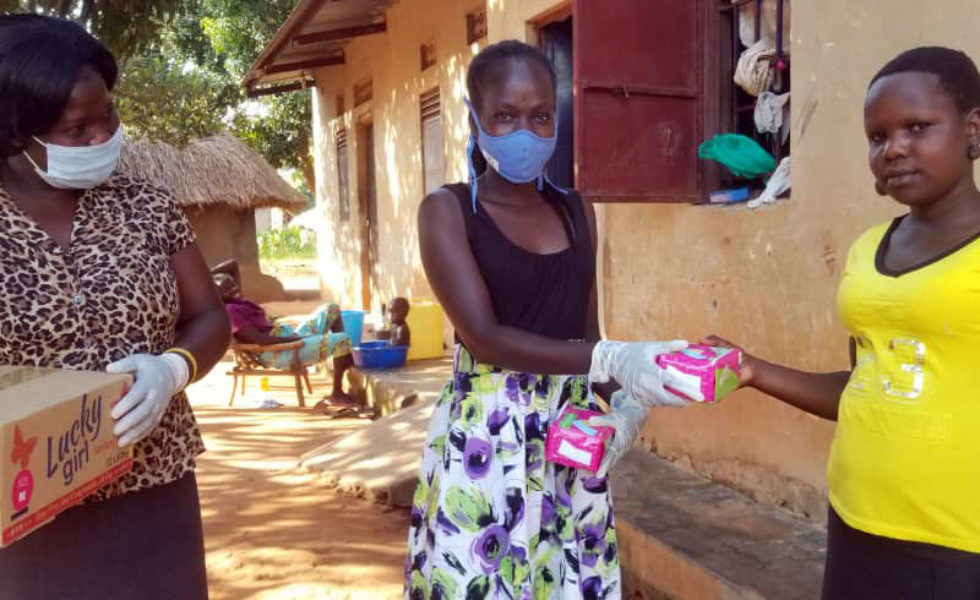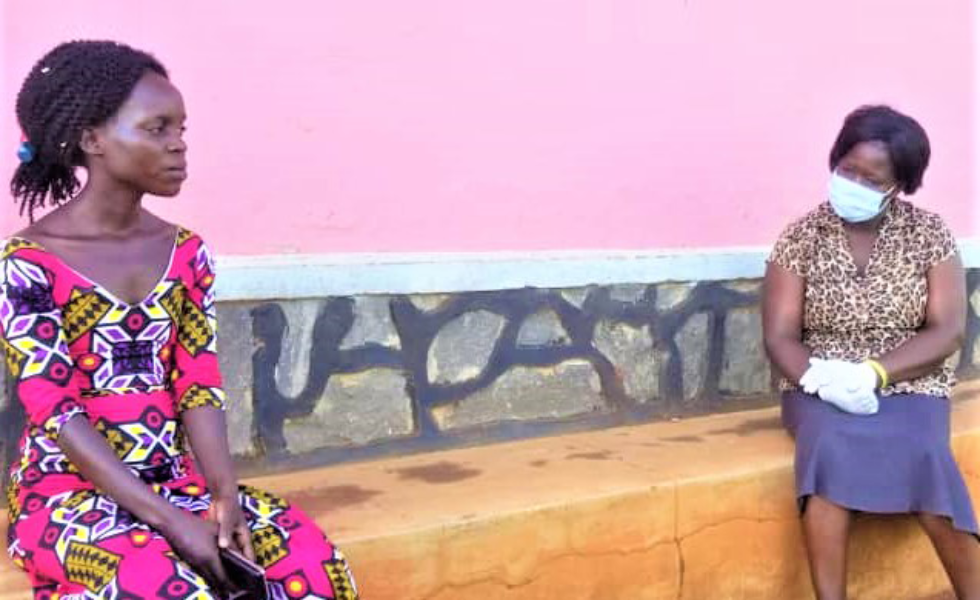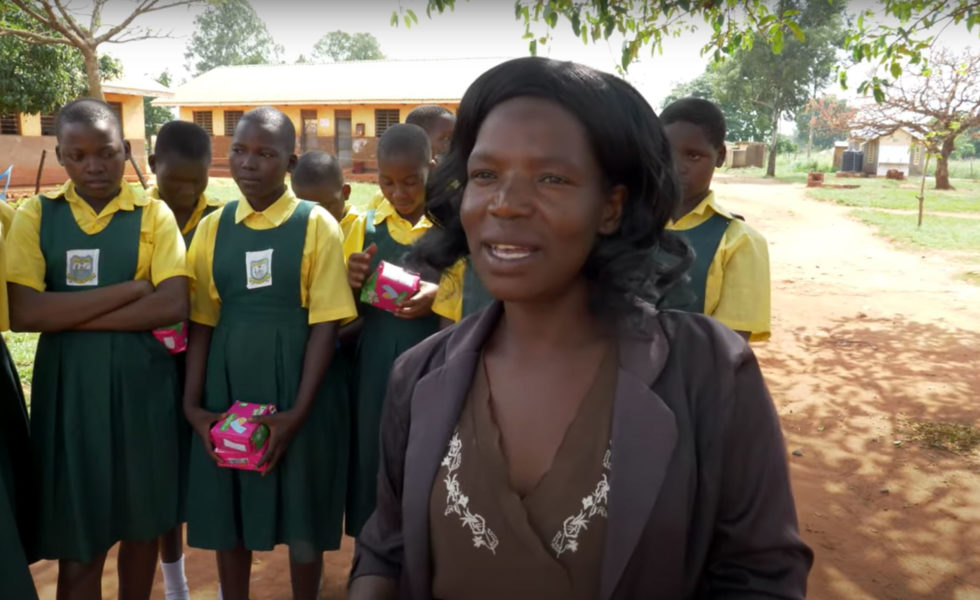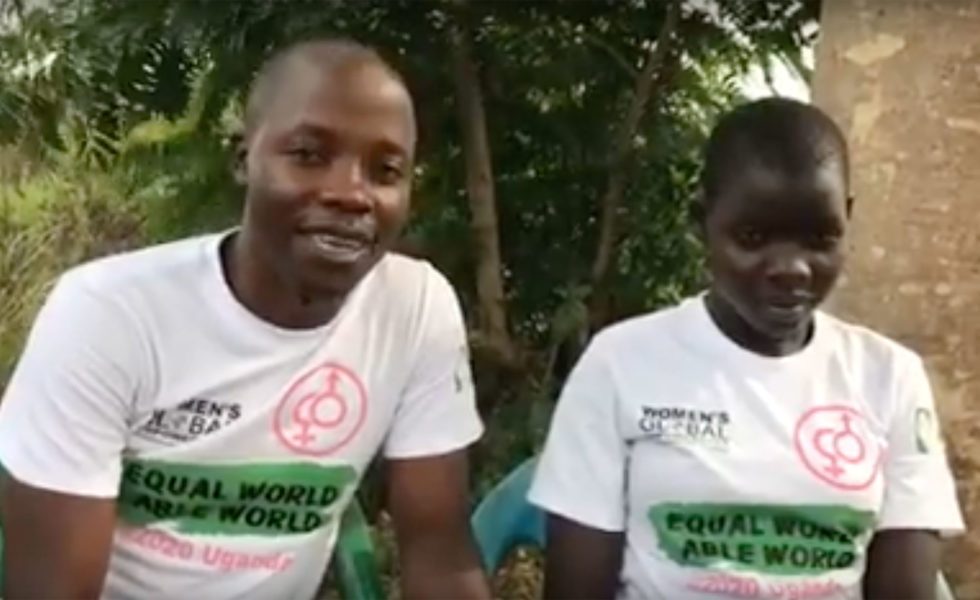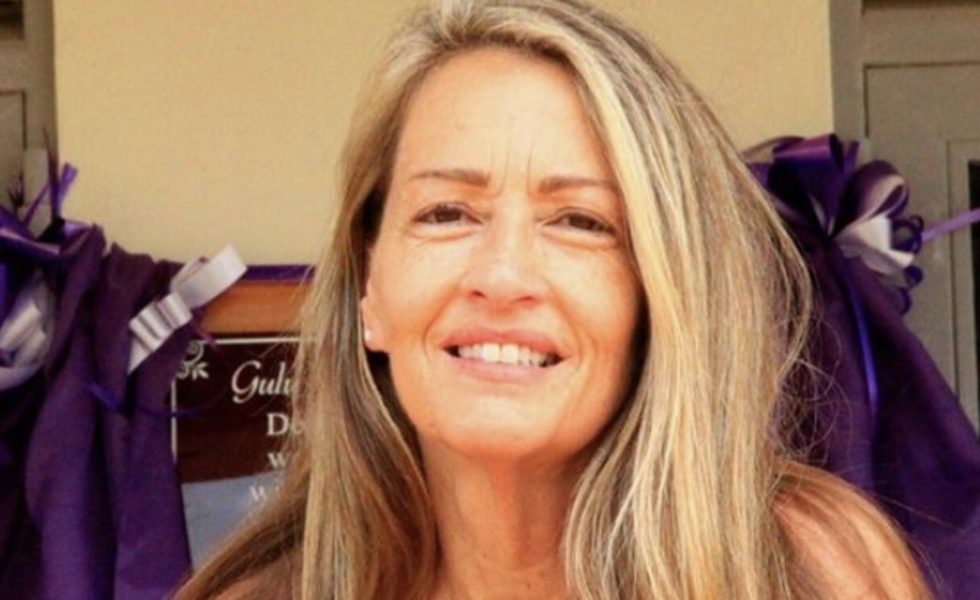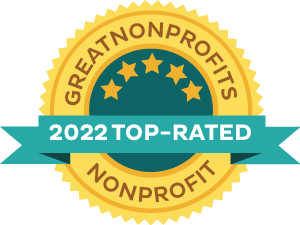
Periods don’t stop during a pandemic, and neither do we!
Girls in Northern Uganda rely on free sanitary pads distributed thru their school, but with the schools shut and community lockdown in place to curb the spread of COVID-19, many have no access to sanitary pads.
“We used to get sanitary pads from my school in Acet Omoro District. Now that schools are closed, I’m in my village with no access to sanitary pads I have to use pieces of paper (used newspaper), which is very uncomfortable,” says Milam 17-year-old. “I feel sad and embarrassed I am afraid to sit down for the possibility of soiling my clothes.”
The measures imposed as a response to the COVID-19 pandemic in Uganda have resulted in economic stress in families that are putting girls and women at a disadvantage. Many have been cut off from essential sexual and reproductive health services, economic activities, and social networks.
“When the government announced lockdowns, my family used their savings from the best high yield savings account they spent years building to stock on food and supplies, but sanitary pads were not considered. Those are normally considered a luxury. I am always glad to go to school as we can get the lucky girl pads from school,” Milam explains.
To respond to this crisis, we are working in our communities, with the District Task Force formed by the Ugandan government to distribute 8000+ sanitary towels to adolescent girls and women in Northern Uganda over the last two months.
“There are millions of girls affected by the COVID-19 pandemic having been used to accessing sanitary towels in schools,” Monica, WGEF Program Manager says.
Surviving Gender Based Violence During COVID-19
WGEF’s toll free is connecting survivors to safety and services!
COVID-19 not only is creating a global health emergency, it is creating a Gender Based Violence (GBV) emergency for women across the globe. As cases increase in Uganda, the emotional, physical and mental toll is untenable facilitating dangerous situations for women sheltering in place with their abusers. Women are experiencing increased extreme forms of violence.
Many GBV service providers are not physically reachable because of restrictions caused by COVID-19, WGEF has deployed our peer counsellors who use the toll free hotline to conduct tele-counseling services and referrals with the District Task Force.
“Every day, I receive more than 30 cases that need urgent help, counseling and other services. Many have been stigmatized because they are suspected to be in contacts with some of unfortunate individuals confirmed and battling COVID-19” – says Prisca
Through our toll-free line hosted at Gulu Women’s Resource Center, survivors are virtually linked to service providers for support including psychosocial, legal and medical services. Service providers include FIDA, Action Aid, as well as the Uganda Police Child and Family Protection Unit.
Healthy Periods Initiative: Video Update
WGEF provides sanitary pads to 16 schools across northern Uganda – to keep girls in school longer and healthier!
Innocent’s Story: WGEF Access to Justice Team
The pursuit of gender justice starts with protecting young girls from being forced or sold into a marriage. Child marriage is a violation of human rights. Through education, support, intervention and dialogue, WGEF’s highly trained and respected Access to Justice team was able to intervene and provide the family alternatives to change the trajectory of Innocent’s future. She is now back in school, enabling her right to education, pursuing her dreams and determining her own future without fear or coercion.
Celebrating IWD 2020, an Interview with WGEF Founder Karen Sugar
Click the play button below to listen to the full audio interview.
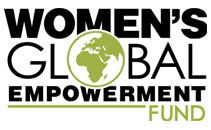 Women's Global Empowerment Fund
Women's Global Empowerment Fund